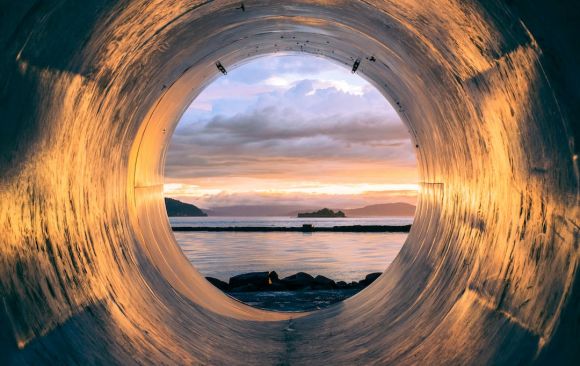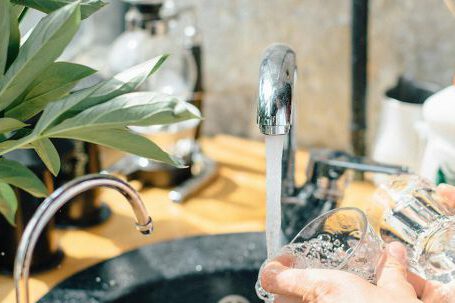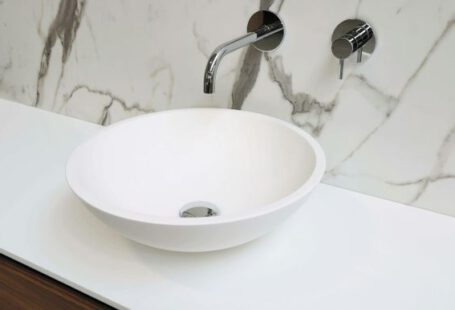Pipes play a crucial role in the functioning of any plumbing system. Whether it’s the pipes in our homes or the ones in industrial settings, proper maintenance is essential to ensure their longevity and efficiency. Neglecting pipe maintenance can lead to costly repairs, clogs, and even health hazards. In this article, we will explore the best practices for keeping pipes clean and functioning optimally.
Understanding the Importance of Pipe Maintenance
Regular pipe maintenance is necessary to prevent issues such as clogs, leaks, and corrosion. When pipes are not properly maintained, they can accumulate debris, mineral deposits, and other substances that restrict the flow of water. This can result in reduced water pressure, as well as an increased risk of leaks and burst pipes. By implementing a routine pipe maintenance plan, you can mitigate these risks and extend the lifespan of your plumbing system.
Inspecting Pipes for Signs of Damage
Regular inspections are key to identifying potential issues before they escalate into major problems. Start by visually inspecting the exposed pipes in your home or facility. Look for signs of corrosion, leaks, or discoloration. Additionally, pay attention to any unusual odors or noises coming from the pipes, as they may indicate underlying issues. If you notice any problems during your inspection, it is advisable to contact a professional plumber to assess and address the situation promptly.
Clearing Clogs and Blockages
Clogs are a common issue in pipes, especially in residential settings. They can be caused by various factors, including hair, grease, food particles, and mineral deposits. To clear minor clogs, you can use a plunger or a drain snake. However, for more stubborn clogs, it is best to seek professional assistance. Regularly clearing clogs and blockages helps maintain the flow of water and prevents further damage to the pipes.
Implementing Preventive Measures
Prevention is always better than cure, and this holds true for pipe maintenance as well. There are several preventive measures you can take to keep your pipes clean and free from clogs. One effective method is installing drain guards or strainers in sinks, showers, and tubs to catch hair, food particles, and other debris. Additionally, avoid pouring grease or oil down the drains, as they can solidify and cause blockages. Regularly flushing drains with hot water can also help prevent buildup and keep the pipes clean.
Dealing with Mineral Deposits
Mineral deposits, such as limescale, can accumulate in pipes over time, particularly in areas with hard water. These deposits can restrict the flow of water and lead to corrosion. To combat mineral buildup, consider using water softeners or installing a water filtration system. Regularly descaling pipes using vinegar or a commercial descaling solution can also help remove existing deposits and prevent further accumulation.
Hiring Professional Pipe Cleaning Services
While regular maintenance can help prevent common issues, there may be instances where professional pipe cleaning services are necessary. These services utilize specialized equipment, such as hydro-jetting, to thoroughly clean the pipes and remove stubborn clogs and deposits. Professional cleaning can restore the flow of water, improve water pressure, and extend the lifespan of the pipes.
In conclusion, regular pipe maintenance is crucial for a well-functioning plumbing system. By inspecting pipes for signs of damage, clearing clogs, implementing preventive measures, and seeking professional assistance when needed, you can ensure clean pipes and avoid costly repairs. Remember, a proactive approach to pipe maintenance will save you time, money, and potential headaches in the long run.



